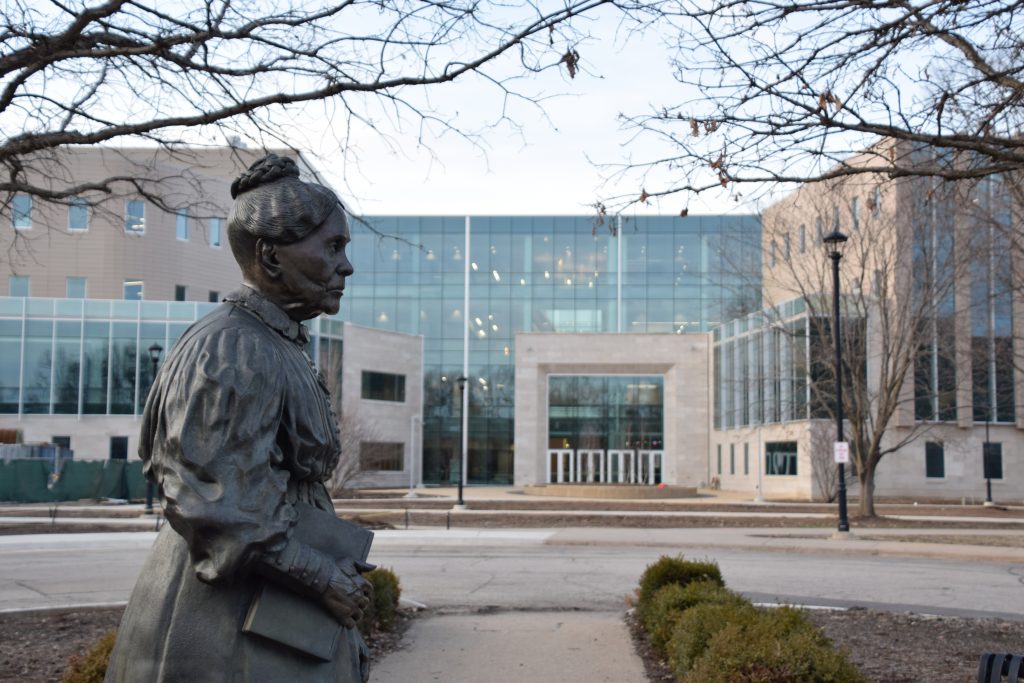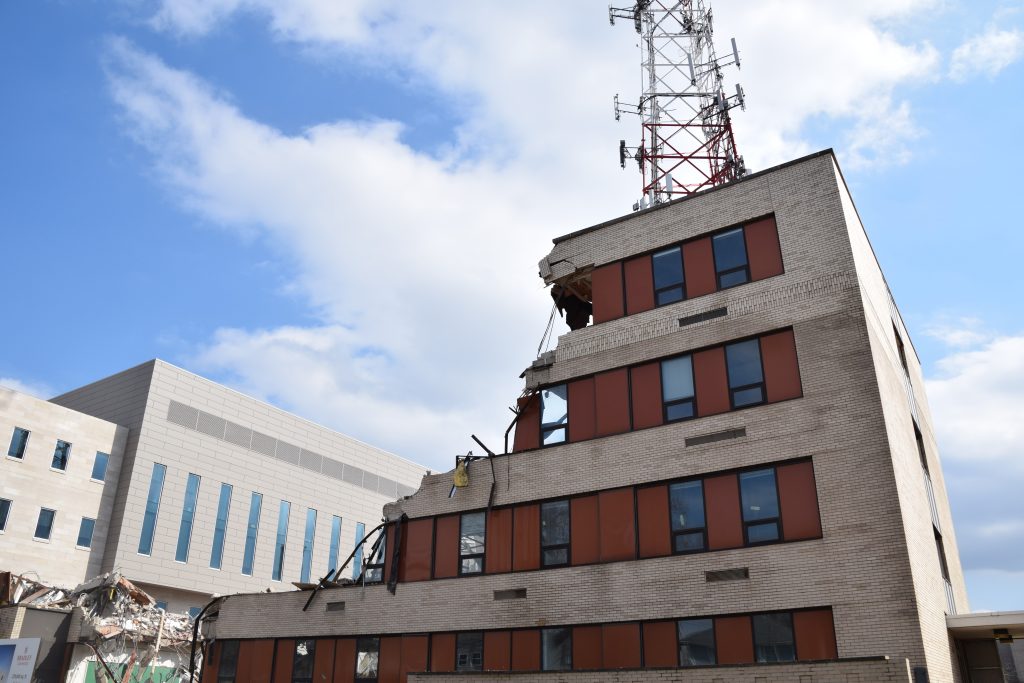
Editorial: Bradley is facing a serious financial struggle
In an email to faculty and staff, university president Gary Roberts announced a series of decisions in response to the spreading of COVID-19, as well as the financial health of the university.
Roberts announced that Bradley will adopt the “pass-fail” grading option for the spring semester. Other coronavirus-related decisions announced include the cancelation of all summer study abroad programs, offering only online classes for the summer and postponing the last day to drop a class to May 6.
In compliance with Gov. JB Pritzker’s extended “stay-at-home” order, the university is extending its work from home policy to the end of April. The university also offers all untenured, tenure-track faculty the option to extend their tenure clock by a year.
In the same email, Roberts announced that the university is planning to cut $40 million in operational expenses to overcome the financial challenges produced by the COVID-19 pandemic. Roberts listed a series of operational decisions to minimize the deficit. These decisions include that the university is “highly likely” to pause phase two of the Business and Engineering Convergence Center.
Roberts stated in his email that many of the implementation procedures are still in the works, but these decisions are necessary to save the university.
Like all higher education institutions in the nation, Bradley is preparing for a significant decline in enrollment and a 20% decline in revenue, stated Roberts’ email. Roberts cited the Chronicle of Higher Education suggesting that the industry is likely to face a 25% to 50% loss in revenue in 2021 after the pandemic.
“The challenges we face are significant,” Roberts said in the email. “As you know, the university faced financial challenges before the coronavirus struck, driven primarily by declining demographics and rapidly rising costs. Our current experiences and those following this crisis will magnify those challenges enormously.”
Prior to the pandemic, Bradley projected a $9 million operational deficit, about 6% of its budget. With the pandemic, the university is facing roughly $5 million in refunds for student housings and dining services fees. This brings the total projected deficit to about 25% of its total operating budget, around $40 million.
“[The $40 million] is a huge number and the task of reducing the budget by that amount will be extraordinarily difficult and gut-wrenching,” Roberts said. “I want to assure everyone that in this process, everything is up for review and is on the table. I would expect that every part of the university will be affected.”

Roberts stated that the university is highly likely to pause the second phase of the BECC once the demolition of Jobst Hall is completed and the site is cleaned up. Phase two of the project will add a west wing to the building, composing about 15% of the total construction, a decision that Roberts said will save the university several million dollars.
Roberts said that while respecting the shared-governance structure, the university will suspend the program prioritization process – a multi-stepped process in the University Senate that dictates the addition or elimination of a degree program. Roberts said that the university will need to evaluate all operations, both academic and operational, in a prompt manner to preserve the financial health of the institution.
For now, the top administrators will be making the immediate decisions to guide the university through this uncertain time. The team includes Roberts as the president, provost Walter Zakahi, the chief financial officer Pratima Gandhi, vice president for enrollment management Justin Ball and vice president for student affairs Nathan Thomas.
Steven Standifird, the newly appointed president for the university, will also call into these meetings. Standifird will take the office of the president on June 1. Gandhi, who is also the controller and the treasurer of the university, will leave the university on May 31, and her successor will continue the task.
The university has also postponed all sabbaticals by at least one year, regardless of the approval statuses. All “in residence” and “special appointment” positions will be canceled unless the position is deemed essential. All compositions for the summer teaching contracts have also been reduced.
Bradley will continue to freeze on all purchases, hiring and traveling, unless it’s deemed essential and approved in advance.
In the effort to increase revenue, by bringing in “the largest enrollment reasonably possible,” the university is re-examining test-optional admissions, considering most of the standardized tests like SAT or ACT have been canceled.
“I am sorry that we have to make these decisions. Please know that we are doing all we can to preserve as many jobs as possible while we preserve our university,” Roberts said. “Current circumstances certainly pose enormous challenges that will require sacrifices and adjustments that nobody should deny or minimize. But looking down the road, these challenges will force Bradley to ask and answer fundamental questions about the kind of institution it is and wants to be.”




